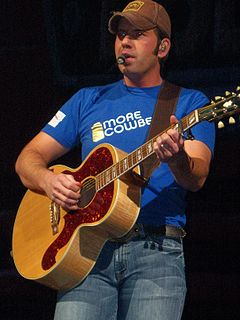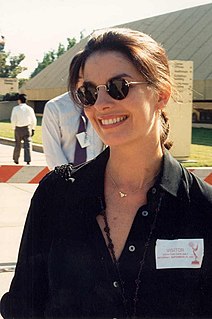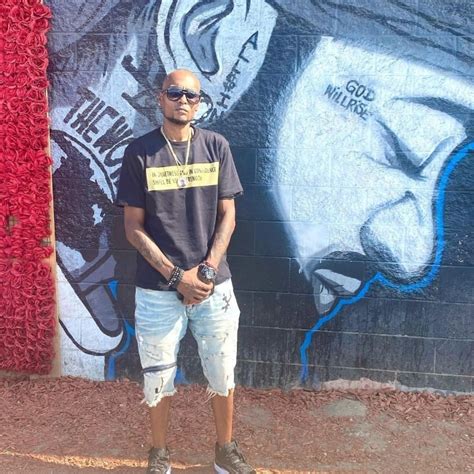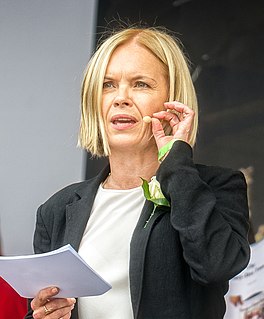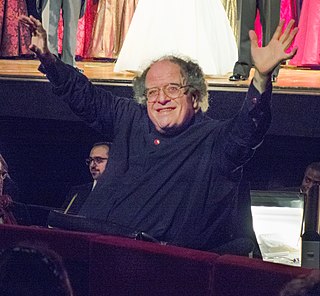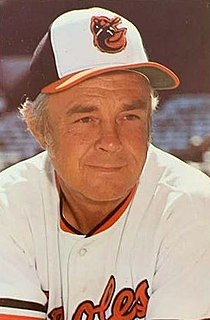A Quote by Rodney Atkins
The way I heard about The American Giving Awards was from the people that I work with. My publicist and I had a conversation a while back about wanting to really get involved more and more. We've been working with the National Council for Adoption with the children's home that I was adopted from called Holston Home.
Related Quotes
I was really inspired by my own experience, and specifically my own identity crisis but larger than that, I also wanted to explore the trend of reverse immigration, of the immigrant returning home after being in a host country or an adopted home for 20 years, and finding themselves at various levels of discord with the home culture. I wanted to explore people building lives across multiple geographies. I think that's, something that we're experiencing more and more as travel becomes easier, as people are traveling more for work. People can work from anywhere.
Let’s not forget that American democracy started with ‘We the People’ agreeing to work hard to create ‘a more perfect union.’ We’ve lost the idea that politics begins at home with what happens in families, in neighborhoods, in classrooms, in congregations. We called this democracy into being – and if we want to call this democracy back to its highest values, it’s got to be the us doing that calling. That’s not going to happen if ‘We the People’ don’t know how to talk to one another with civility and hold our differences in a creative, life-giving way.
And that is something I've heard from many people who immigrate is that when they go back to their home countries, in a way, they think they're going to be embraced and completely feel like they've come home. This disconcerting thing is when you go back there and you feel more foreign than you ever have.
The more brutal it gets in the working world, the more appealing the prospect of having someone at home creating a sanctuary becomes. Increasingly couples, particularly with children, are making that tough choice, with one or other partner electing to embrace domestic duties while the other brings home the cash.
Years ago someone wrote [about me]: 'She characterizes Molly Weasley as a mother who is only at home looking after the children.' I was deeply offended, because I until a year before that had also been such a mother who was at home all the time taking care of her child [...] What has lesser status and is more difficult than raising a child? And what is more important?
I had ambitions to set out and find, like an odyssey or going home somewhere, set out to find this home that I'd left a while back and couldn't remember exactly where it was, but I was on my way there. And encountering what I encountered on the way was how I envisioned it all. I didn't really have any ambition at all. I was born very far from where I'm supposed to be, and so, I'm on my way home, you know?
I heard more of the stories from my mother and my granny and my aunts that would describe what they had known that he didn't often talk about. I remember seeing [grandfather] as a child. He was working in a mine that was fairly close to their home there in Betsy Lane, Ky., and it was so close in proximity that he wouldn't clean up or shower there. He would just drive back home. And I remember one time seeing him come in and it was like seeing an alien person show up because he was still covered in coal dust and soot, and it had a profound impact on me.
One day, I made a remark that I might work with people with mental illness, and somebody in the press heard it, and it was in the paper. And the more I thought about it and found out about it, the more I thought it was just a terrible situation with no attention. And I've been working on it ever since.
